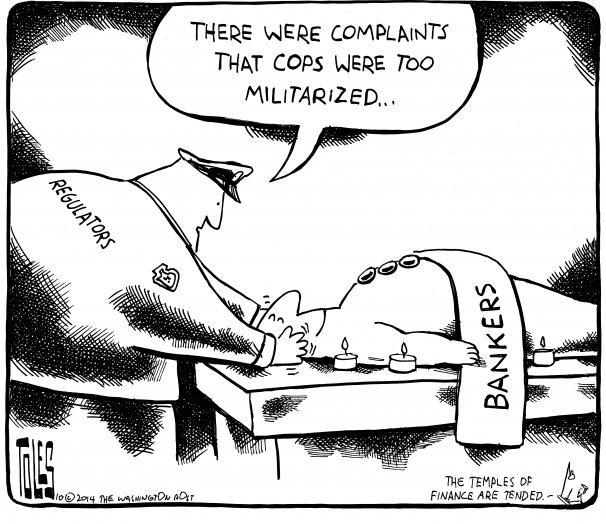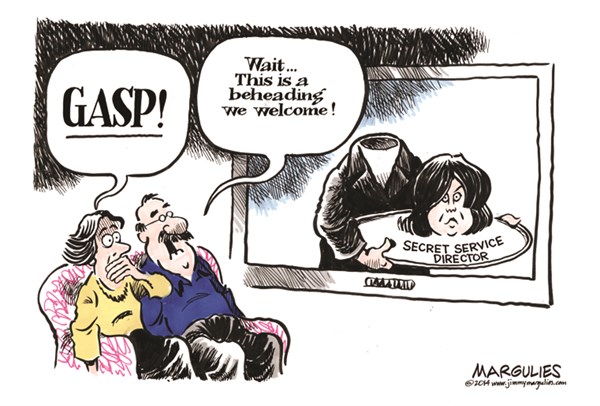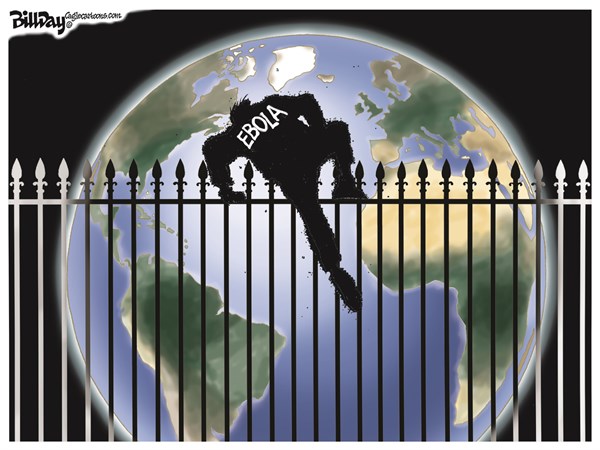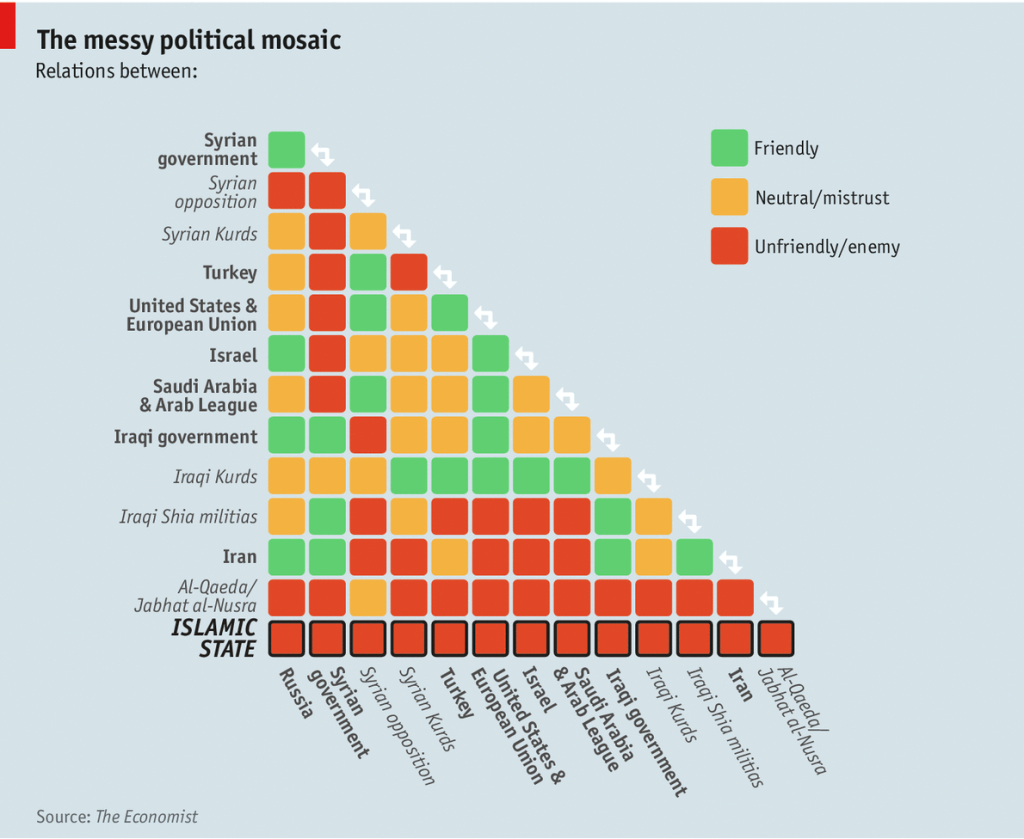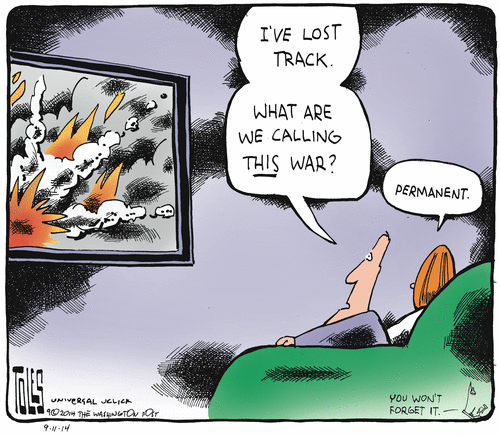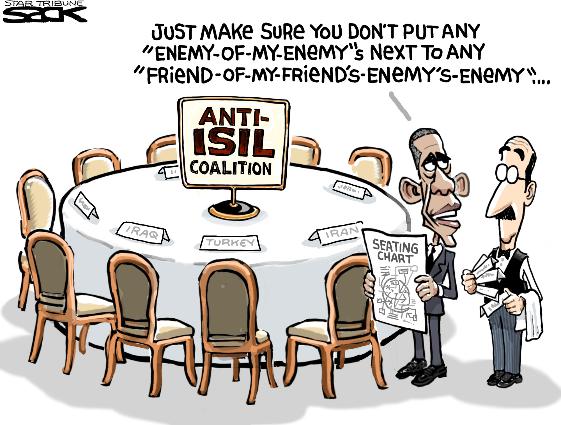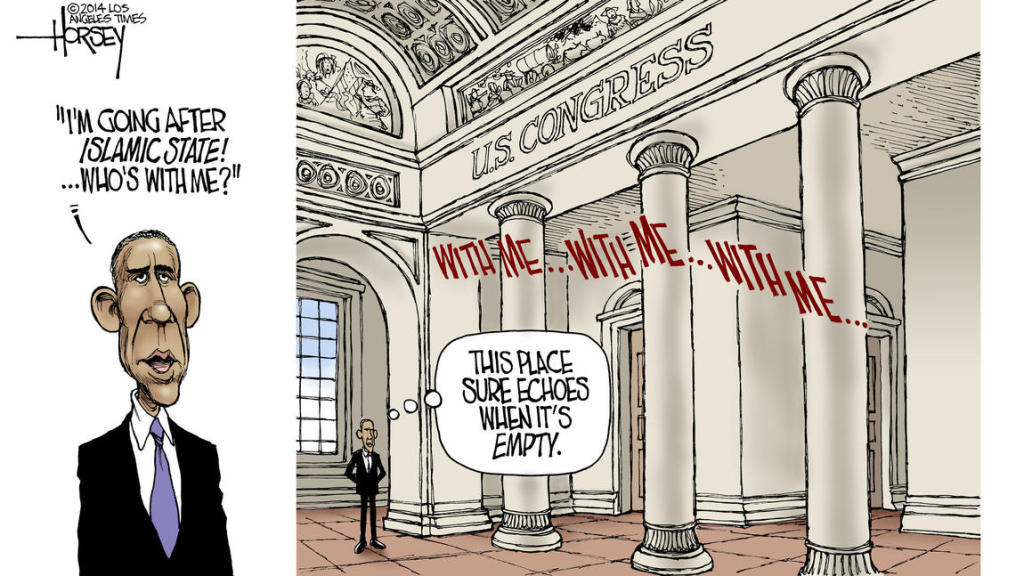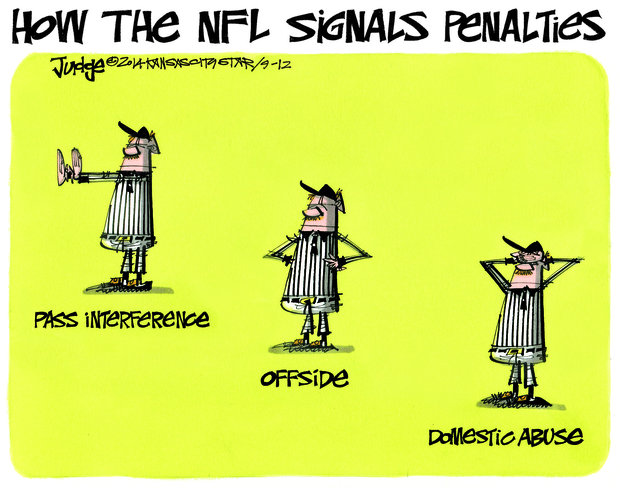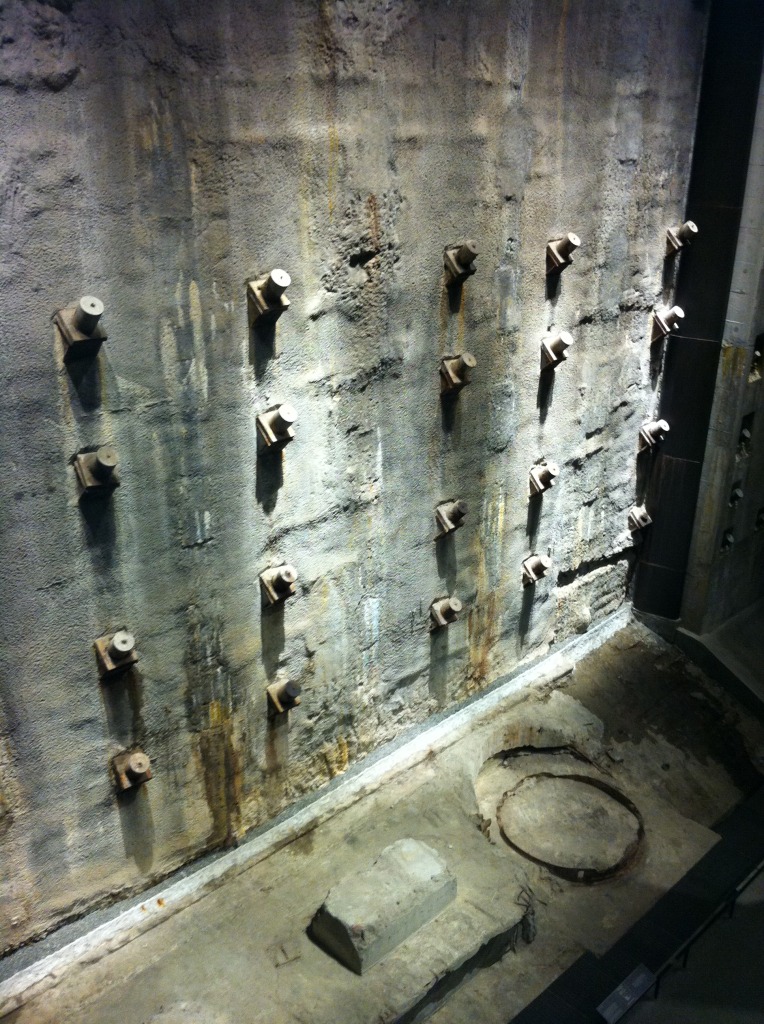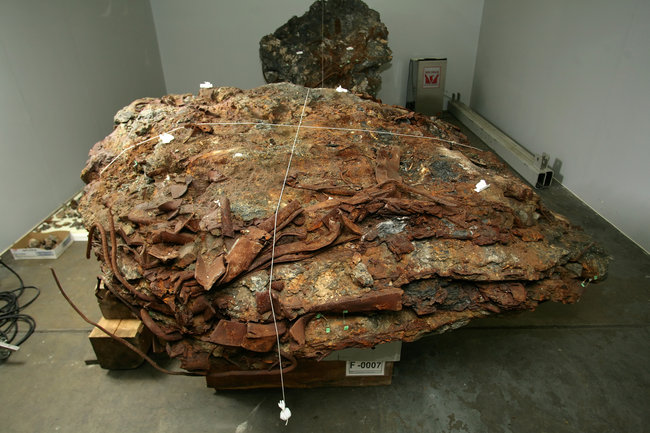Yesterday, the Wrongologist wrote that we do not have a non-military response to any foreign geopolitical problem, that we fail to recognize what is defeating us, or why things are happening that are beyond our control.
Andrew Bacevich has an article in Notre Dame Magazine, entitled: “Lessons From America’s War for the Greater Middle East” that opens the door to understanding how to begin to make things better. He makes the point that for well over 30 years, the US has been engaged militarily in various parts of the Islamic world, and no end to that involvement is in sight. Bacevich asks:
What is the nature of the military struggle we are waging?
After 9/11, we called it the Global War on Terror. Bacevich says we should be calling it America’s War for the Greater Middle East. The original premise was that the Islamic world poses a growing threat to vital US national security interests, and the application of hard power would enable the United States to check those threats and thereby preserve the American way of life. Bacevich points out:
At the time President Carter declared the Persian Gulf a vital national security interest — that was the literal meaning of the Carter Doctrine — he did not intend to embark upon a war. Nor did he anticipate what course that war was going to follow — its duration, costs and consequences.
What Carter and his presidential successors found in the ME caused them to initiate a sequence of military actions that collectively should be called a war. The dots connect. Seemingly disparate events such as the Beirut bombing in 1983, the “Black Hawk Down” debacle of 1993 and the Iraq invasion of 2003 (plus others) form part of a single narrative. Acknowledging the existence of that narrative — seeing America’s War for the Greater Middle East as a whole — is a prerequisite to understanding where we are today. From Bacevich:
Let me state plainly my own overall assessment of that war. We have not won it. We are not winning it. And simply pressing on is unlikely to produce more positive results next year or the year after
Bacevich lists “10 lessons” we should take from the “Middle East War” if we are going to make our future different from the past. Let’s review a few:
First, the center of gravity:
The center of gravity refers to the factor upon which a war’s outcome ultimately turns. It could be a valuable terrain, an army or a city. Bacevich says that Carter and George H. W. Bush thought the terrain was the desert. But the key terrain in the ME War is urban, and people are this war’s center of gravity. That means we can’t just kill adversaries, but we must influence urban populations to succeed. When American soldiers venture onto this key terrain they are alien intruders. They arrive in cities like Baghdad or Kabul as heirs to a Western civilization that has seldom furthered the well-being of Muslims.
The phrase “Anglo-American” for us, conjures up glorious memories of a partnership forged to free a continent gripped by Hitler. Islamic residents of the Middle East inevitably see “Anglo-American” purposes as a desire to conquer.
Sixth, the US military system:
9/11 revealed defects in America’s approach to raising its military forces. Notwithstanding the virtues of a professional military, notably durability and tactical prowess, the all-volunteer army has failed. It encourages political irresponsibility. It’s undemocratic. It turns out to be exorbitantly expensive. And it hasn’t won a war.
It makes the relationship between the US military and US society dishonest. Rhetorically, we “support the troops”, but the support is seldom more than skin-deep. As authorities in Washington commit US forces to wars that are unnecessary, or ill-managed, or unwinnable — Americans seem close to indifferent. The bungled rollout of Obamacare generated both public attention and outrage, while a bungled military campaign would only elicit shrugs.
Our reliance on professional soldiers relieves citizens of any responsibility to contribute to the nation’s defense. Can that be a good thing?
Seventh, the political economy of war:
Washington’s appetite for waging war in the ME has exceeded the willingness of young Americans to volunteer for military service, and the ability for the standing army to continue the fight for 12+ years. This has created a gap: Too much war, too few warriors.
This gap has created an opening for profit-minded “private security firms” in the war zone. In both Iraq and Afghanistan, for example, contractors ultimately outnumbered uniformed military personnel. The results have fallen well short of being satisfactory. Waste and corruption have occurred on a colossal scale — so much so that the Pentagon is literally unable to say where all the money went. War has always created opportunities for some people to make money. America’s War for the Greater Middle East has become a means for many private firms and individuals to get rich.
Ninth, our regional allies:
The longer America’s War for the Greater Middle East drags on, the more apparent it becomes that Washington has done a lousy job of picking allies. Consider Pakistan and Saudi Arabia, for example. The United States seeks to reduce the prevalence of violent Islamic radicalism. The governments of Pakistan and Saudi Arabia actively promote it. It’s time to stop pretending otherwise.
Then there is Israel. US interests and those of the Jewish state have diverged. To ensure the security and well-being of its citizens, Israel vigorously employs its military muscle to preempt perceived threats and ensure Israeli control of vital terrain and resources.
The chief US interest in the region lies in promoting stability. Anything else falls into the category of “nice to have.” In that regard, the US has an interest in responding to the grievances of the Palestinian people. Yet the government of Israel will respond to those grievances only on Israeli terms. In the meantime, the persistence of those grievances provides either a genuine cause of, or a pretext for, anti-American and anti-Western attitudes across much of the Islamic world.
When it comes to waging the War for the Greater Middle East, Israel belongs in the same category as Saudi Arabia and Pakistan: As allies, all three are unhelpful.
Bacevich closes by saying:
Does the Islamic world pose a problem for the US? You bet, in all sorts of ways. But after more than three decades of trying, it’s pretty clear that the application of military power is unlikely to provide a solution
His Tenth issue is religion. But, he has a simplistic view of the role of religion in the failure of our military strategy for the Middle East. Read his comments and then draw your own conclusions.
The solution, if there is one, must be found by looking beyond the military realm. If we were for example, to become the primary supplier of humanitarian aid to the displaced people in the Middle East, we could position ourselves as a positive force for change among many millions of Muslims, not just another country in a long line of infidel conquerors.
Read his entire article here.


